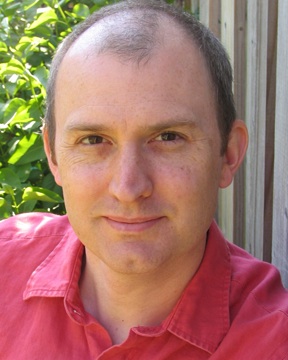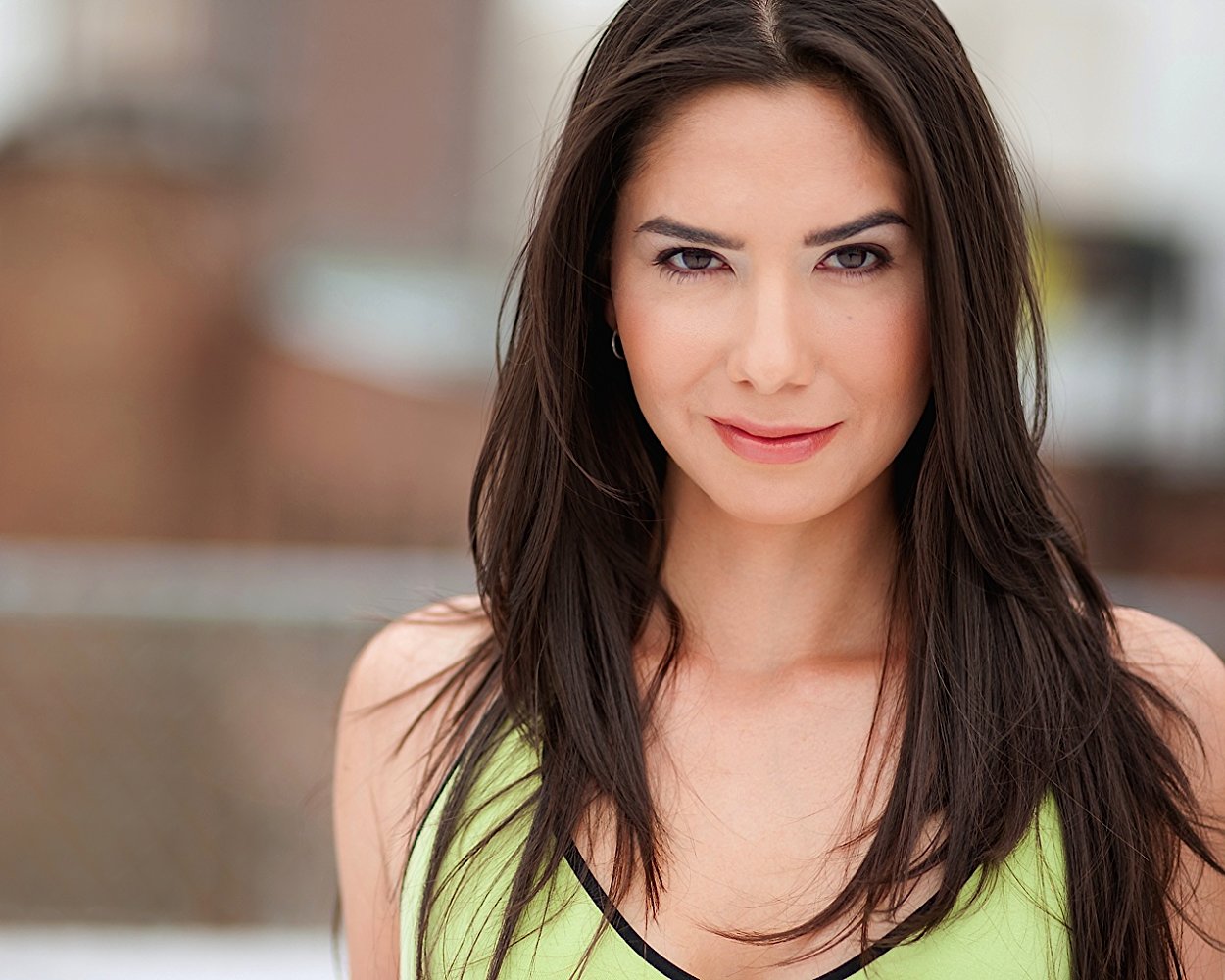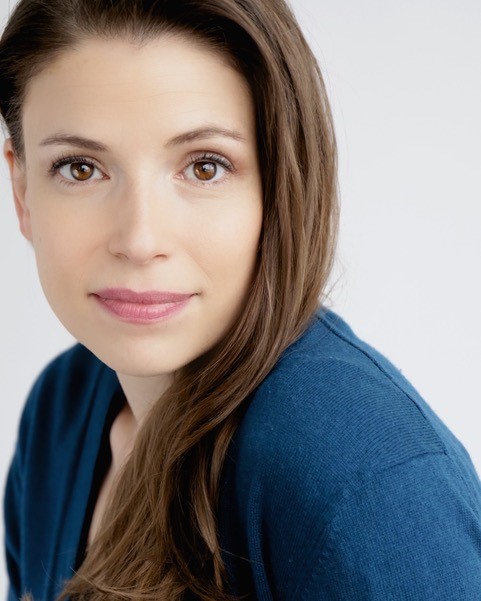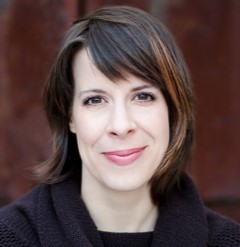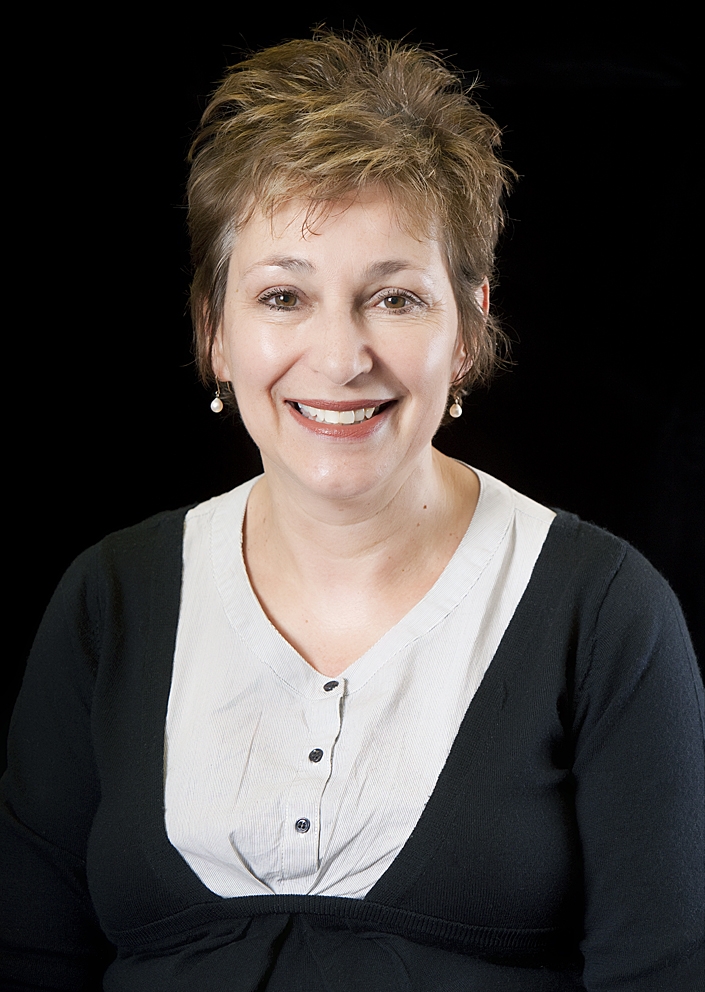
February’s podcast focuses on Scotland, specifically all its rich dialects, accents, and languages. Paul’s guest is Ros Steen, IDEA associate editor, and emeritus professor and fellow of the Royal Conservatoire of Scotland. Formerly she was head of Drama Research and the Centre for Voice in Performance at the Royal Conservatoire of Scotland, where she established Nadine George Voice Work as the core spoken technique for the Centre’s teaching, practice, and research agendas. For more about Professor Steen, visit her IDEA profile.
The texts you hear demonstrated by Professor Steen:
1. Scottish English:
“It’s a fine auld machine,” I assured him then slipped in a quick commercial which glossed over the typewriter’s crucial lack of the letter I. “I’ll give you a wee demo if you like.”
Adjusting the creased sheet of paper I briskly typed. “There. How’s that?”
He shrugged his skinny shoulders. “Hanged if I know. Havnae got ma readin specs.”
He tugged from his pocket a hankie, so clatty it would’ve been the talk of the steamie.
2. Scots
Lennie Buchan wis harrigal-thin, his knees as knobbly as twa piz stuck doon a pair o’ drinkin straws. A forced plant, wha’s breenged up ower seen tae greet the sun, he ay lookit peely-wally, as if affrontit o’ his prodigious growth.
He hunched hissel up fin he traivelled; his neb dreeped, his een wattered, and his skimpit grey schule brikks wis gad-sake-glued wi’dauds o’ bubblegum. Stains o’ suspicious broon clung aboot the lirks’ o’ his doup, an’ gin aa this wisna enough tae damn the craitur frae favour foriver, he hid skyrie reid hair peppered wi dandruff, a ploukie face, wee bauld bits on his heid and a niff.
From A Nippick o’ Nor’ East Tales: A Doric Hairst by Sheena Blackhall
harrigal/entrail breenged/bounded daubs/pieces lirks/folds doub/backside skyrie/gaudy ploukie/spotty niff/smell
3. Shetland
NEIL: Two years – is it that long? This’ll be a big New Year for you, then. Are you going down to the Market Cross for midnight?
RONA: I’m too old for that. I’d be the only one over eighteen.
NEIL: True enough. Mind, we were just the same.
RONA: We were never that bad.
NEIL: Oh really?
From Auld Lang Syne, by Grace Barnes. Premiered at the Traverse Theatre, 1999.
4. Northeast Scots
Now fin I hear folk speakin’ that wey…I jist go aa’ the braidest Doric that I could possibly gie them…..so that….lats them see that I’m nae cairin’ a dyte….aboot their English… that…I’m a native o’ this bit…o’ Scotland an’ I’d very much like to keep wir native tongue alive……an’ there’s naething….bothers me mair…fin I’m in company tae hear….my ain folk….comin’ awa with great lang gashes….o English mair or less…
Text from a radio interview with Duncan Muirden
5. Borders accent
Did you like the uniform?
No, really, I didnae. Ah didnae like the hat.
Why?
I didnae ken, ah didnae…didnae fancy the hat.
Did you get rid of it as much as you could?
I did. I hid it off as much as I could…well the summer you hid tae…
And were you meant to wear them? I mean did somebody…
Well, that was jist a’, a’ the fashion you see for, for the Bondagers and there were…you got new rigoot for the harvest…that was your new rigoot…eh…for the harvest.
Text from an interview with Agnes Grey, who was a Bondager
6. New Testament in Scots
This is the storie o the birth o Jesus Christ. His mither Mary wis trystit til Joseph, but afore they war mairriet she wis fund tae be wi bairn bi the Halie Spírit. Her husband Joseph, honest man, hed nae mind tae affront her afore the warld an wis for brakkin aff their tryst hidlinweys; an sae he wis een ettlin tae dae, whan an angel o the Lord kythed til him in a draim an said til him, “Joseph, son o Dauvit, be nane feared tae tak Mary your trystit wife intil your hame; the bairn she is cairrein is o the Halie Spírit. She will beir a son, an the name ye ar tae gíe him is Jesus, for he will sauf his fowk frae their sins.” Aa this happent at the wurd spokken bi the Lord throu the Prophet micht be fulfilled: Behaud, the virgin wil bouk an beir a son, an they will caa his name Immanuel – that is, “God wi us”. Whan he hed waukit frae his sleep, Joseph did as the angel hed bidden him, an tuik his trystit wife hame wi him. But he bedditna wi her or she buir a son; an he caa’d the bairn Jesus.
7. Winnie-the-Pooh in Scots
Pooh aye liked a wee sneyster at eleeven o clock on the mornin, and he wis gey please tae see Rabbit bringin oot the plates and tassies; and when Rabbit said, ‘Hinny or condensed mulk wi yer breid?’ he wis that kittled up he said, “Baith,” and syne, sae he didna seem grabbie, he added, “But dinna fash aboot the breid, if ye wull.” And for a lang while efter yon he didna say ocht…till, at last, bummin tae himsel in a claggy kind o voice, he got up, coshly shook Rabbit by the loof, and said he had tae be gettin alang.
“Dae ye hae tae?” Rabbit spiered politely.
“Weel,” said Pooh, “I could bide a bittie langer if it – if ye…” and he tried gey hard to keek in the airt o the pantry.
“As a maitter o fact,” said Rabbit, “ I wis jist gaun oot masel the noo.”
From Winnie-the-Pooh in Scots, translated by James Robertson. Itchy Coo, 2008.
Bach’s Cello Suite #1 in G Major BMV 1007 Prelude (by Ivan Dolgunov) courtesy of Jamendo Licensing.


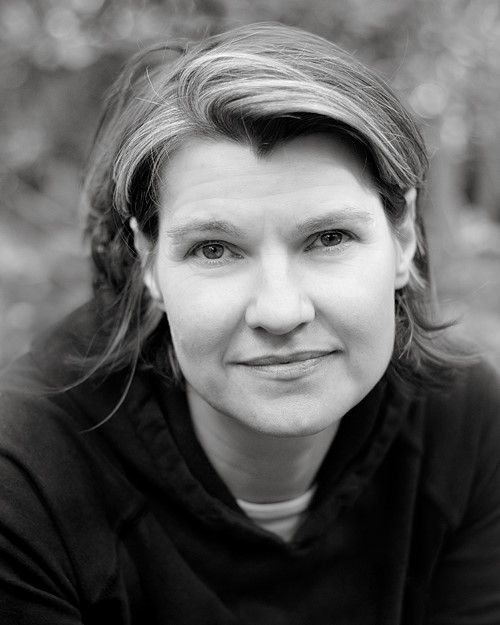
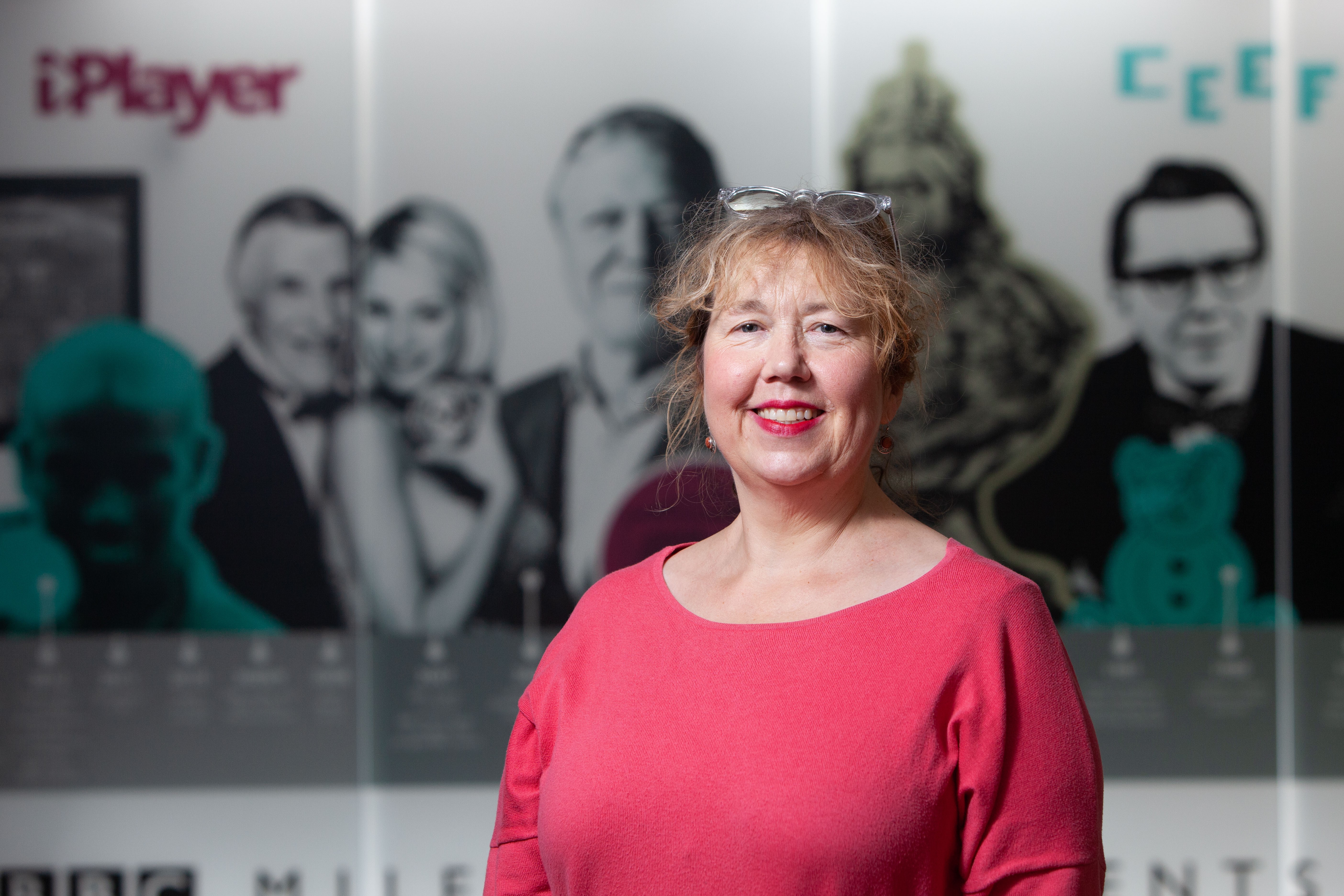
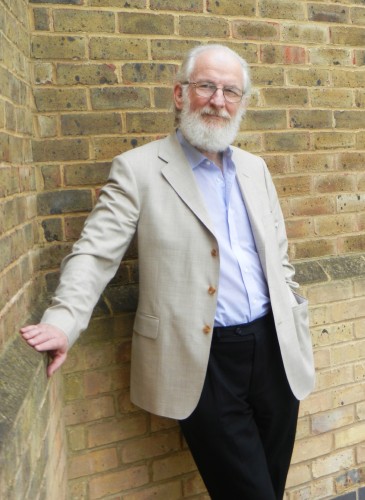


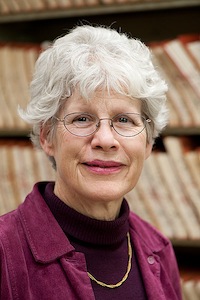
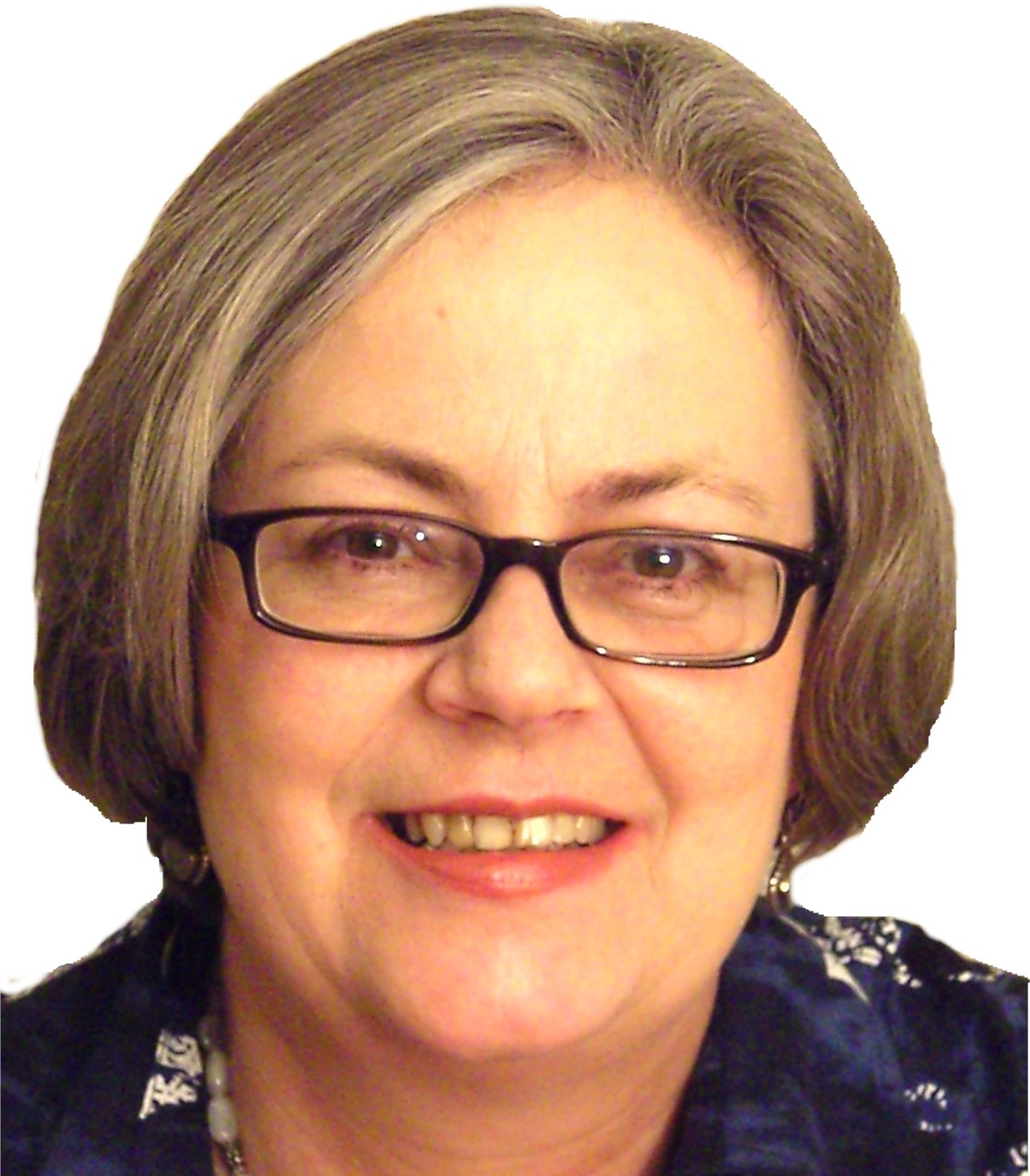

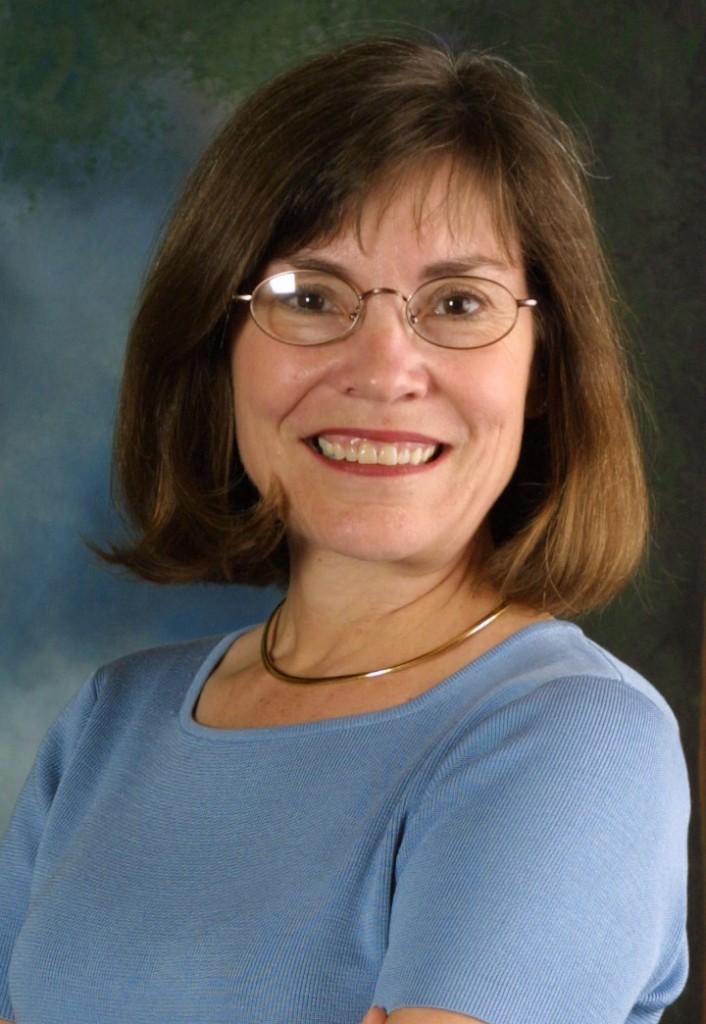
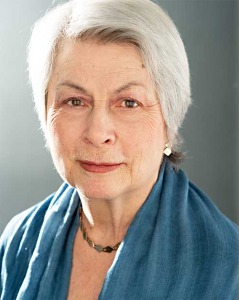
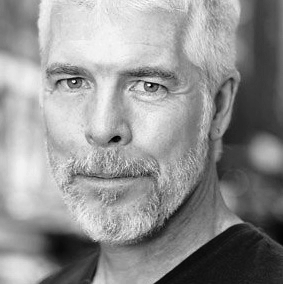
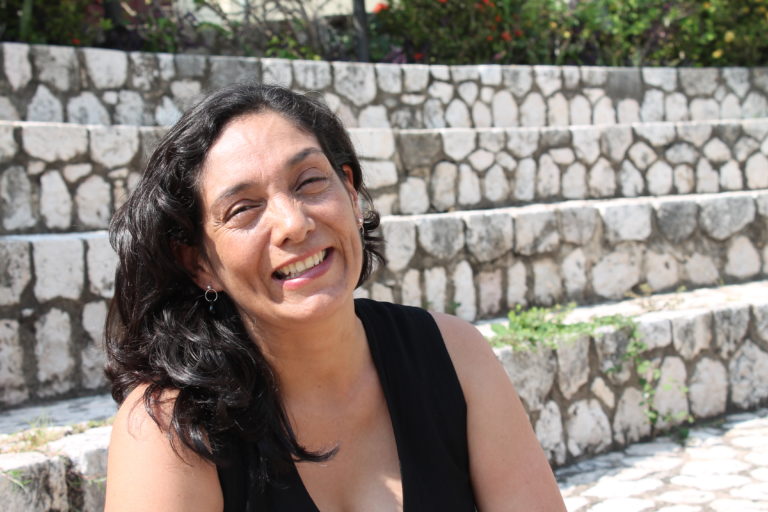
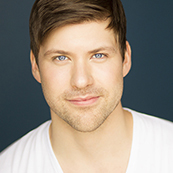
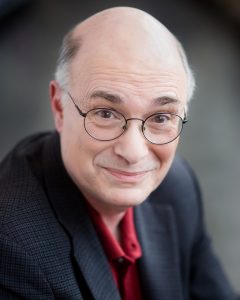
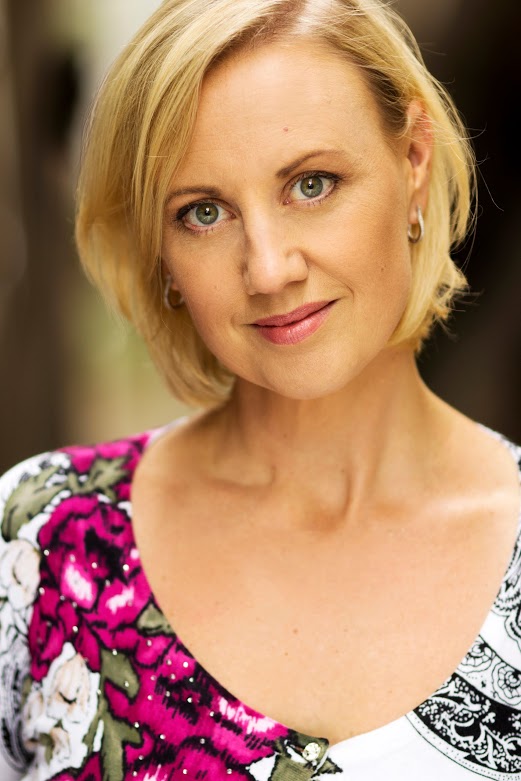
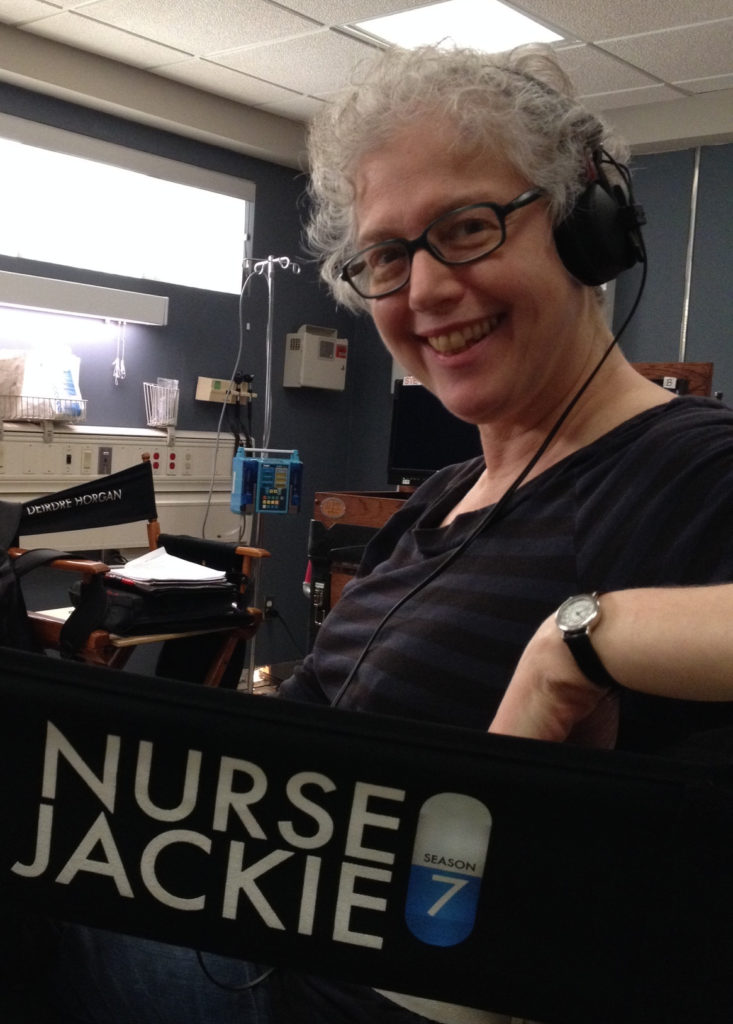

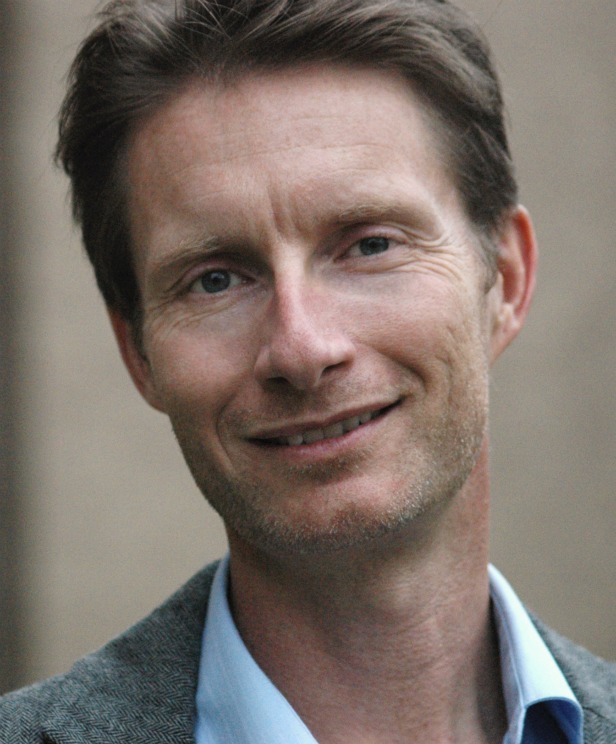
 What’s in a name? In this episode, from August 2018, Paul asks why native English speakers across most ethnicities and cultures are apparently addicted to two-syllable names for their children, names with the accent on the first syllable. Why are names like Mary and David at the top of the list and not Celeste and Emil?
What’s in a name? In this episode, from August 2018, Paul asks why native English speakers across most ethnicities and cultures are apparently addicted to two-syllable names for their children, names with the accent on the first syllable. Why are names like Mary and David at the top of the list and not Celeste and Emil? In this episode, from July 2018, Paul leads the celebrations for the 20th anniversary of the
In this episode, from July 2018, Paul leads the celebrations for the 20th anniversary of the 